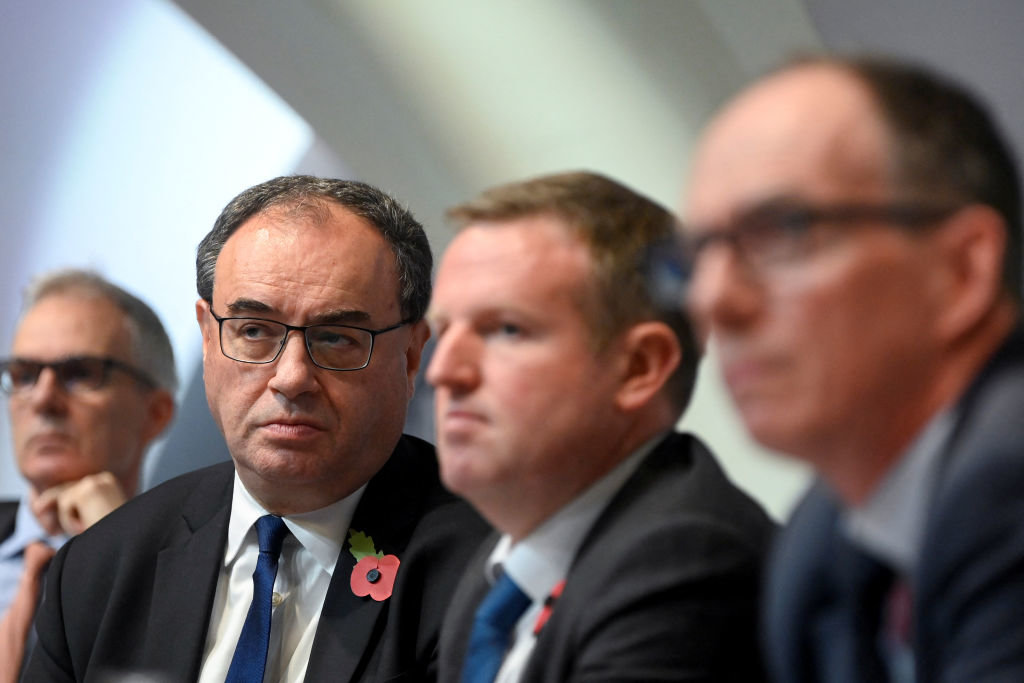In January, inflation in the UK fell to a five-month low of 10.1%, driven by reduced oil prices and lower transport costs. It was down from 10.5% in December 2022, and a record high of 11.1% in October last year.
On the face of it, this is encouraging news for UK households that have been under the pressure of high costs of living for the past year. As the Government has committed to halving inflation by 2023, it will be watching this change closely.
Should the trend continue, it would relieve the pressure on the Bank of England to further tighten monetary policy significantly, which in turn would reduce the likelihood of a policy-induced recession. That would be an ideal scenario for households, businesses, and policymakers. However, to echo BoE Governor Andrew Bailey from earlier this month, despite the UK “turning a corner” on inflation, these are “early days and risks are very large.”
One of the main reasons for being cautious is the tightness in the labour market. Data released by the Office for National Statistics earlier this week highlighted a rise in nominal wages by 6.7%, strong job gains, and the unemployment rate just off multi-decade lows. If employment and nominal wages keep rising, inflation, much to the chagrin of the UK Government, will likely fall at a slower pace.
Another cause for concern is the continuation of supportive fiscal measures. Media reports have suggested that the UK Government is exploring a nominal raise in public sector pay in April, the same month that the energy package support for businesses will reduce. The risk remains that fiscal policy support to the economy, against a backdrop of near-complete utilisation of the available labour supply, could stoke wage pressures, which could feed into prices of goods and services and arrest the ongoing fall in inflation.
While inflation has fallen marginally, it is still well above the Bank of England’s target of 2%. As such, in the continued presence of upside risks to inflation, the Bank of England may likely wait to confirm the moderating trend with a few more months of encouraging data before it pivots to an easier stance on monetary policy.
The UK economy is also facing long-term structural challenges, including an ageing population and a lack of investment in infrastructure and education, that need to be addressed if it is to remain highly competitive in the global market. Economists have also signalled a change in hiring practices by businesses with a preference for temporary workers rather than permanent staff. These challenges require long-term solutions and sustained efforts from both the Government and the private sector, and will not be solved overnight.
A push to provide tax benefits to the City in the Budget may result in businesses avoiding trickling costs over to consumers. However, it is indeed a double-edged sword as it will, in turn, require a commitment from businesses to invest back into the economy and the introduction of measures to enhance workforce productivity so as to reduce the strain on households and bring more people back to work.
This brings us to the next big question. The Budget is a month away, so all eyes will be on Chancellor Jeremy Hunt and whether he will announce measures that will ease concerns across stakeholders. Businesses have already been demanding tax breaks for investments to tackle worker shortages, while others want the Chancellor to focus on tax relief for the manufacturing industry. With energy subsidies for firms reducing in April, impacted small businesses are also asking for further support to reduce the burden of high energy prices. There is also a growing demand to reduce childcare costs to ease the load on working parents.
While falling inflation, rising nominal wages, and increased employment rates are positive signs for the UK economy, as the Chancellor acknowledged, “the fight is far from over.” Apart from monitoring inflation, maintaining an open communication channel with employees while engaging with relevant stakeholders will be crucial for businesses. One also needs to consider that in an optimistic scenario, if the UK economy dodges recession and growth recovers, the Bank of England may not have strong enough reasons to cut rates. So, it will be equally important to monitor market fluctuations and monetary policy announcements, coupled with those by the Government. As the UK enters into electioneering mode later this year, March’s Budget will be one of the last opportunities for the Chancellor and Prime Minister to showcase their reforms and ease the strain on the City and consumers alike. The looming question still remains whether it is too soon to declare victory over economic challenges. However, with next month’s Budget and the Bank of England’s rates announcement, it remains to be seen if a path to ease the burden on households will emerge.
Our financial policy experts have been advising clients on the impact of inflation and more. To find out more about the work we do, please contact us.





